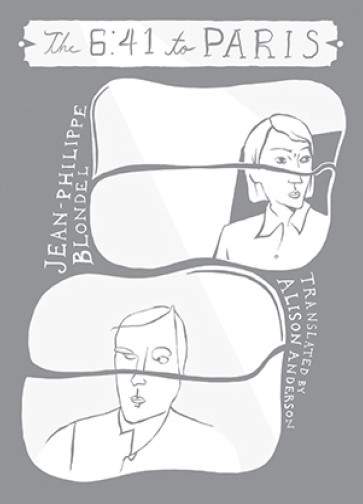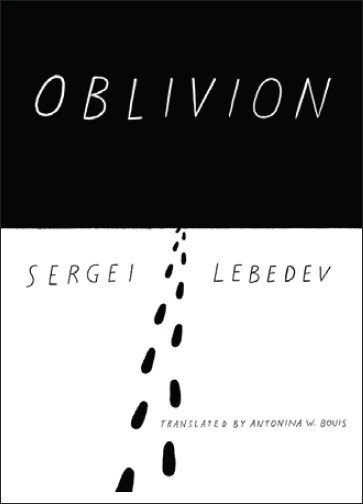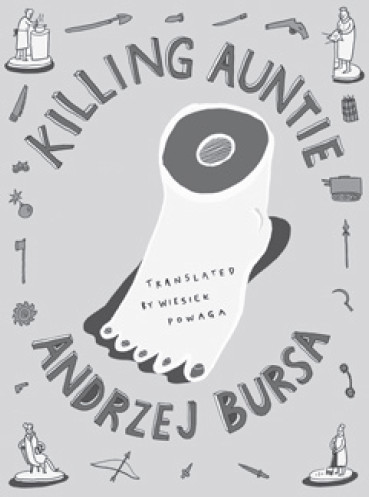The Last Weynfeldt (30 page)
Read The Last Weynfeldt Online
Authors: Martin Suter
And in the right-hand top corner of the stove, the cast-iron relief, a tiny budâor a tiny behind.
A small ass seen from the left.
A very intimate scene. A very private painting.
Adrian Weynfeldt sat for a good while immersed in this vision, and felt happy.
And like every morning, the happiness of the art enthusiast and collector contemplating the work was mixed with the happiness of the businessman at its price: 4.64 million, take away the 1.95 from Baier and the fifty-thousand from Lorena.
He heard the door handle move. Then there was a knock. “Just a second!” he called, stood up and slid the middle section of the floor-to-ceiling mirrors back in front of the painting, till it closed with a soft click and formed a smooth wall, flush to the other two. Then he unlocked the door and opened it.
Lorena was standing outside. She was wearing Lycra pants, one of his blue tailor-made shirts, sleeves rolled up, and a black hairband holding her unkempt hair back. She was clearly carrying out the threat she had been making for weeks, to start training in the mornings herself.
She looked sleepy, her eyes were swollen, her black mascara faded, allowing her russet lashes to glow through. There was a heavy sleep mark on her left cheek, which had undoubtedly annoyed her when she'd looked in the mirror. The tiny creases around her eyes were more numerous and visible now, without makeup. She looked so beautiful he had to kiss her.
“Why do you always lock yourself in?” she asked. “Are you keeping secrets from me?”
“Yes,” he smiled.
“And you find that okay?”
“Yes.”
I would like to thank Dr. Hans-Peter Keller, Swiss art specialist at Christie's Zürich, for his insights into the world of auctions and art experts and for patiently checking the plausibility of the fictional. And Marina Ducrey for her stunning catalogue raisonné (
Felix Vallotton, 1865-1925: L'oeuvre
peint
). And my editor, Ursula Baumhauer, for the pleasant mixture of friendliness and professionalism she brought to our work together. And my wife, Margrith Nay Suter, for her detailed criticism, and for being willing and able to relieve me of a few fatherly duties while this novel was being written.
M
ARTIN
S
UTER

T
HE 6:41 TO
P
ARIS
BY
J
EAN
-P
HILIPPE
B
LONDEL
Cécile, a stylish 47-year-old, has spent the weekend visiting her parents outside Paris. By Monday morning, she's exhausted. These trips back home are stressful and she settles into a train compartment with an empty seat beside her. But it's soon occupied by a man she recognizes as Philippe Leduc, with whom she had a passionate affair that ended in her brutal humiliation 30 years ago. In the fraught hour and a half that ensues, Cécile and Philippe hurtle towards the French capital in a psychological thriller about the pain and promise of past romance.

O
N THE
R
UN WITH
M
ARY
BY
J
ONATHAN
B
ARROW
Shining moments of tender beauty punctuate this story of a youth on the run after escaping from an elite English boarding school. At London's Euston Station, the narrator meets a talking dachshund named Mary and together they're off on escapades through posh Mayfair streets and jaunts in a Rolls-Royce. But the youth soon realizes that the seemingly sweet dog is a handful; an alcoholic, nymphomaniac, drug-addicted mess who can't stay out of pubs or off the dance floor.
On the Run with Mary
mirrors the horrors and the joys of the terrible 20th century.

O
BLIVION
BY
S
ERGEI
L
EBEDEV
In one of the first 21st century Russian novels to probe the legacy of the Soviet prison camp system, a young man travels to the vast wastelands of the Far North to uncover the truth about a shadowy neighbor who saved his life, and whom he knows only as Grandfather II. Emerging from today's Russia, where the ills of the past are being forcefully erased from public memory, this masterful novel represents an epic literary attempt to rescue history from the brink of oblivion.

A
NIMAL
I
NTERNET
BY
A
LEXANDER
P
SCHERA
Some 50,000 creatures around the globeâincluding whales, leopards, flamingoes, bats and snailsâare being equipped with digital tracking devices. The data gathered and studied by major scientific institutes about their behavior will warn us about tsunamis, earthquakes and volcanic eruptions, but also radically transform our relationship to the natural world. Contrary to pessimistic fears, author Alexander Pschera sees the Internet as creating a historic opportunity for a new dialogue between man and nature.

T
HE
L
AST
S
UPPER
BY
K
LAUS
W
IVEL
Alarmed by the oppression of 7.5 million Christians in the Middle East, journalist Klaus Wivel traveled to Iraq, Lebanon, Egypt, and the Palestinian territories to learn about their fate. He found a minority under threat of death and humiliation, desperate in the face of rising Islamic extremism and without hope their situation will improve. An unsettling account of a severely beleaguered religious group living, so it seems, on borrowed time. Wivel asks, Why have we not done more to protect these people?

G
UYS
L
IKE
M
E
BY
D
OMINIQUE
F
ABRE
Dominique Fabre, born in Paris and a lifelong resident of the city, exposes the shadowy, anonymous lives of many who inhabit the French capital. In this quiet, subdued tale, a middle-aged office worker, divorced and alienated from his only son, meets up with two childhood friends who are similarly adrift. He's looking for a second act to his mournful life, seeking the harbor of love and a true connection with his son. Set in palpably real Paris streets that feel miles away from the City of Light, a stirring novel of regret and absence, yet not without a glimmer of hope.

K
ILLING
A
UNTIE
BY
A
NDRZEJ
B
URSA
A young university student named Jurek, with no particular ambitions or talents, finds himself with nothing to do. After his doting aunt asks the young man to perform a small chore, he decides to kill her for no good reason other than, perhaps, boredom. This short comedic masterpiece combines elements of Dostoevsky, Sartre, Kafka, and Heller, coming together to produce an unforgettable tale of murder andâjust maybeâredemption.